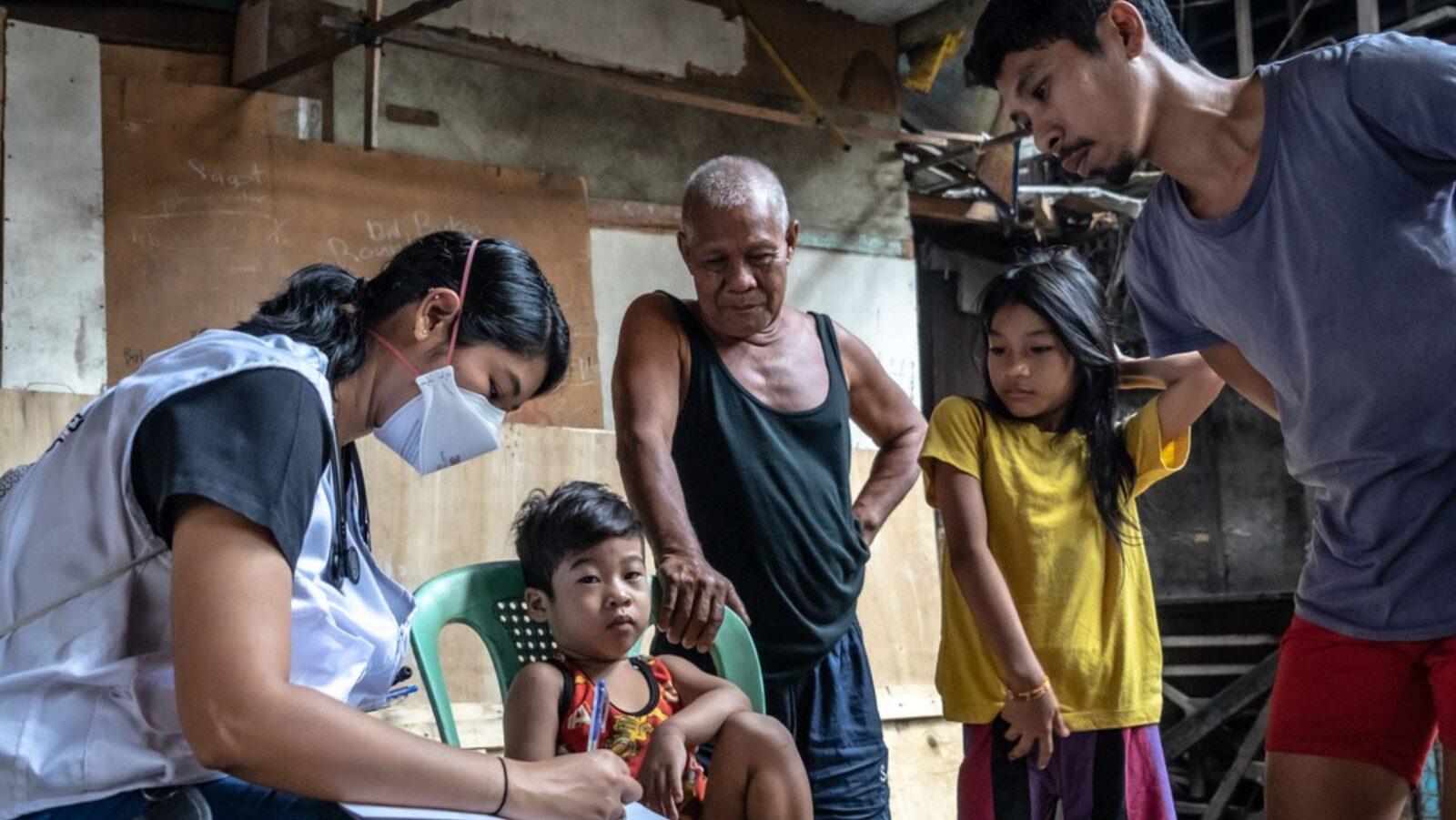
In a significant triumph for the residents of Baguio and its neighboring town of Sablan, Mayor Benjamin Magalong announced his decision on July 31 to abandon the city’s planned Waste-to-Energy (WTE) incineration project. This decision followed a crucial forum organized by Zero Waste Baguio, Ecowaste Coalition, and GAIA Asia Pacific, where Dr. Jorge Emmanuel highlighted the adverse environmental and health impacts of the WTE plant.
“Incineration, including all thermal Waste-to-Energy technologies, emits many toxic fumes, including some of the most poisonous substances known as dioxins,” explained Emmanuel, a 2016 DOST Balik Scientist and adjunct professor at Silliman University, Dumaguete. “If you live near an incinerator plant, you will get dioxins in the food you eat—eggs, meat, and fish (soil and water get contaminated). This will impact your health and can cause cancer, affect reproductive organs of both males and females, cause birth defects and miscarriages, delayed motor skills, and asthma.”
Based on Emmanuel’s data, Magalong formally stated, “After careful consideration and listening to the concerns raised during the forum, I would like to officially declare that Baguio City will be abandoning its Waste-to-Energy project.”
Baguio City is grappling with a severe waste management crisis. Each day, the city generates approximately 400 tons of waste, which includes both residential and commercial trash. With a population of 366,358 and an influx of up to 500,000 visitors during peak seasons, the volume of waste consistently spikes. The city spends around Php 200 million annually to transport this waste to landfills outside its borders. In December 2023 alone, the waste generated by visitors added approximately 140 tons to the city’s daily waste output.
Moving forward, Magalong said that the city’s focus “will now shift to sustainable waste management solutions that are more aligned with our environmental goals. Priorities will include composting with black soldier flies and implementing a new garbage collection system. These measures are designed to reduce waste and minimize environmental impact.”
Green groups from across the world expressed their approval of Baguio City’s shift in plans. “This decision represents a landmark achievement for Baguio City residents, demonstrating the power and impact of grassroots advocacy in influencing waste management practices,” said Christie Keith, International Coordinator of GAIA. “By rejecting the project and embracing more sustainable alternatives, Baguio City sets a precedent for effective environmental stewardship and local climate action.”
“We applaud Baguio City for its commitment to making #PlasticFreePilipinas a reality! We hope more LGUs will follow this example and support their communities in transitioning to more environmentally sustainable alternatives,” per a congratulatory statement from Ecowaste Coalition.
According to GAIA Asia Pacific’s monitoring of WTE plants, as of 2022, around 13 WTE plants have been registered with the Department of Energy, six of which are already operating with a combined installed capacity of 9.69 megawatts. Another three have become operational since then, bringing the total number of known WTE plants to 12. At least another 29 have been proposed or are under construction in different cities and municipalities in Cebu, Pangasinan, Laguna, Pampanga, Batangas, and other areas. At the national level, a proposed WTE bill is being criticized by green groups as a measure violating standing bans on incinerators and policy trends across the world shifting away from incineration.
GAIA Asia Pacific Regional Coordinator Froilan Grate urged leaders to protect the national safeguard from incineration as stated in the Ecological Solid Waste Management Act and the Clean Air Act. “The mayor’s decision upholds that safeguard for both public health and the environment. We urge other city leaders and Congress to heed science, evidence, and voices of their constituents on the harms of WTE incineration.” Grate added that the mayor has set a powerful example for other cities to consider and adopt Zero Waste solutions.
“The collective effort of cities and champions gives us hope. Embracing Zero Waste principles contributes to global sustainability goals, paving the way for resilient and thriving communities nationwide,” shared Sonia Mendoza, Chair of the Mother Earth Foundation, which has been leading the establishment of Zero Waste systems in various cities in the country. “We would like to invite the Mayor, his councilors, waste managers, and barangay captains to see examples of Zero Waste efforts in the country, including Malabon City and San Fernando City in Pampanga.”
“We are proud that Baguio City and our community are leading by example, rejecting incinerators and choosing sustainable solutions that safeguard our environment and enhance everyone’s health. Our commitment inspires other communities to join us in making a positive impact on our planet and well-being,” stated a representative from Zero Waste Baguio, Inc.
Meanwhile, Emmanuel stressed the need to conserve Earth’s precious resources for future generations. “We work towards zero waste towards a climate neutral economy, and a safe, sustainable circular economy. We also need to work for a just transition so that the waste workers will benefit from it instead of suffering from the shift. We need to look at the impact to make sure indigenous people also benefit, growing companies, but let everybody benefit from a zero waste system. It needs to start with each of us. We need to walk the talk.” —Press release from GAIA/MF






